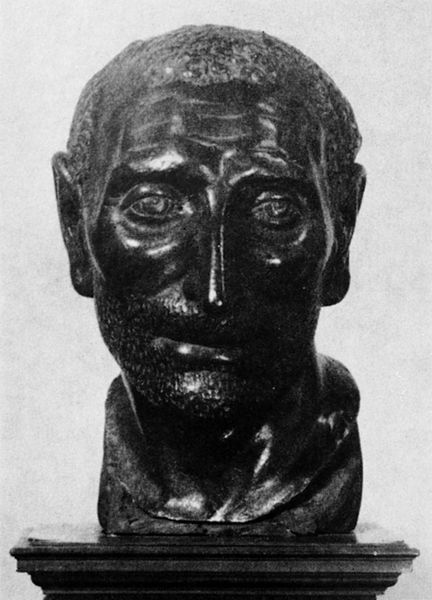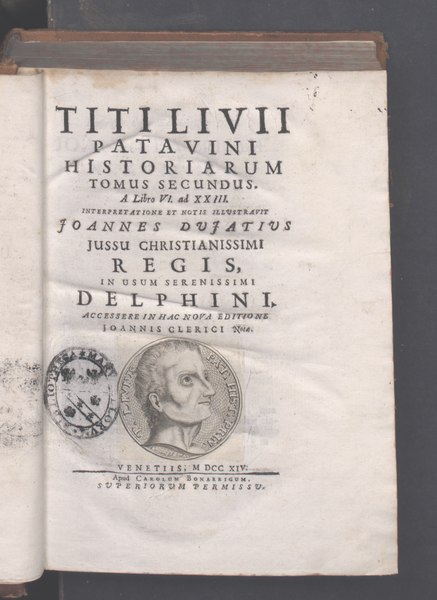Titus Livius, known in English as Livy, was a Roman historian. He wrote a monumental history of Rome and the Roman people, titled Ab Urbe Condita, ''From the Founding of the City'', covering the period from the earliest legends of Rome before the traditional founding in 753 BC through the reign of Augustus in Livy's own lifetime. He was on good terms with members of the Julio-Claudian dynasty and was a friend of Augustus, whose young grandnephew, the future emperor Claudius, he encouraged to take up the writing of history.
Titus Livius statue at the Austrian Parliament Building in Vienna, Austria
Titus Livius by Andrea Briosco (c. 1567)
Ab Urbe condita (1715)
In modern historiography, ancient Rome encompasses the founding of the Italian city of Rome in the 8th century BC, the Roman Kingdom, Roman Republic, Roman Empire, and the collapse of the Western Roman Empire in the 5th century AD.
The Capitoline Wolf, now illustrating the legend that a she-wolf suckled Romulus and Remus after their mother's imprisonment in Alba Longa
Etruscan painting of dancer and musicians from the Tomb of the Leopards in Tarquinia
The Capitoline Brutus, a bust traditionally identified as L. Junius Brutus, one of the founders of the Republic
The Roman siege of the Celtiberian stronghold of Numantia in Spain in 133 BC







